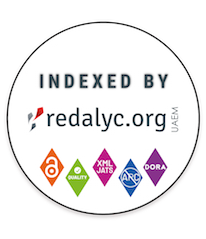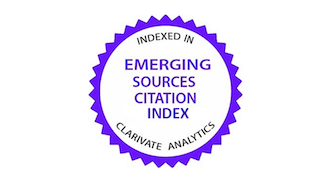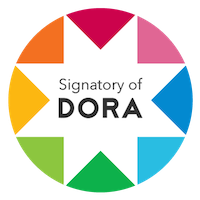Evaluation of tropical maize (Zea mays) inbred lines as sources of favorable alleles to improve elite single corn hybrids.
DOI:
https://doi.org/10.15517/am.v16i2.11865Keywords:
Lines, progenitors, hybrids, favorable alleles.Abstract
Progenitors of three single corn hybrids were
crossed with 23 lines with the purpose of identifying donor
lines for improving grain yield of AN1 x AN2, SSE232-33-30
x SSE255-18-19 and SSE255-18-19 x M.L.S4-1. Lines per se
and their crosses among hybrid parents were evaluated
separately in three environments in Mexico during 1997.
Statistically-significant differences for grain yield among
donor lines for minimally-based estimations of favorable
alleles μG and μ were found. The highest values of
favorable alleles were detected in three tropical lines
CML258, CML264 and CML273 and three subtropical
CML311, CML312 and CML319. The improvement of grain
yield in each elite hybrid appears possible with several donor
lines. The modified procedure of identify donor lines of
favorable alleles μ , showed more efficiency than μG
original.
Downloads
Downloads
How to Cite
Issue
Section
License
1. Proposed policy for open access journals
Authors who publish in this journal accept the following conditions:
a. Authors retain the copyright and assign to the journal the right to the first publication, with the work registered under the attribution, non-commercial and no-derivative license from Creative Commons, which allows third parties to use what has been published as long as they mention the authorship of the work and upon first publication in this journal, the work may not be used for commercial purposes and the publications may not be used to remix, transform or create another work.
b. Authors may enter into additional independent contractual arrangements for the non-exclusive distribution of the version of the article published in this journal (e.g., including it in an institutional repository or publishing it in a book) provided that they clearly indicate that the work was first published in this journal.
c. Authors are permitted and encouraged to publish their work on the Internet (e.g. on institutional or personal pages) before and during the review and publication process, as it may lead to productive exchanges and faster and wider dissemination of published work (see The Effect of Open Access).



























